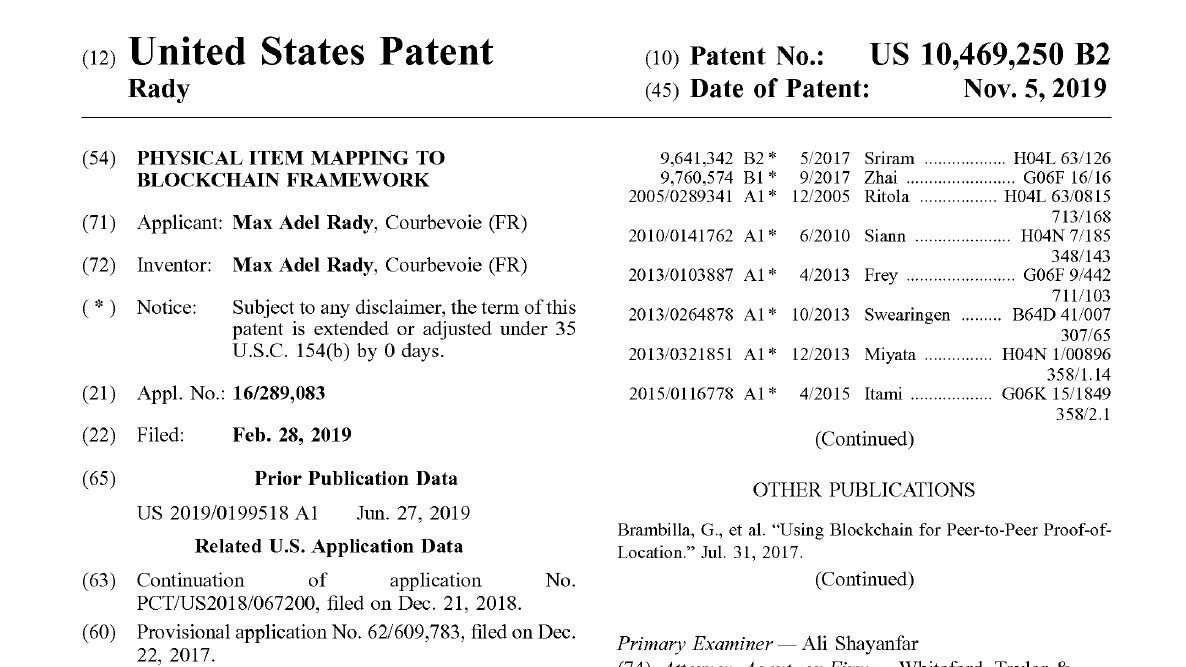Articles

The Unknown and Underappreciated Patents
One of the most interesting and unknown aspects of patent law is standard-essential patents, which have made modern tech possible.

A summary of the four types of intellectual property
Intellectual property refers to the creations of the mind, such as inventions, logos, literary works, and secret recipes. There are four main types of IP in the U.S.: patents, trademarks, copyrights, and trade secrets. Although navigating between them can be confusing, each one is a legal protection for something different. Below is a table that summarizes the main differences. Keep in mind that for your specific situation, you should speak to an attorney to determine what protections or remedies apply to you—contact us to discuss your options.

Supreme Court agrees to hear two IP cases
On Friday, the Supreme Court agreed to hear two IP cases regarding issues that can have large ripple effects in the patent and trademark worlds. In Amgen Inc. v. Sanofi, the Court will decide when a patent’s disclosure is sufficient, an issue it hasn’t visited in over a century. And in Abitron Austria GmbH v. Hetronic Int’l, Inc., at issue is to what extent a trademark infringer must pay damages based on foreign sales, which was last considered by the Court over 70 years ago.

First blockchain patent analyzed by a court is invalidated
Although blockchain patents have been around for quite some time, they are not yet often the subject of litigation. Now, for the first time (as far as I can tell), a federal court in a patent litigation case has issued a decision on the validity of a blockchain-related patent.

Be careful sending that letter: appellate court confirms that demand letters can justify personal jurisdiction in declaratory judgment actions
The Federal Circuit recently confirmed that patent demand letters can justify the exercise of personal jurisdiction over the sender.
